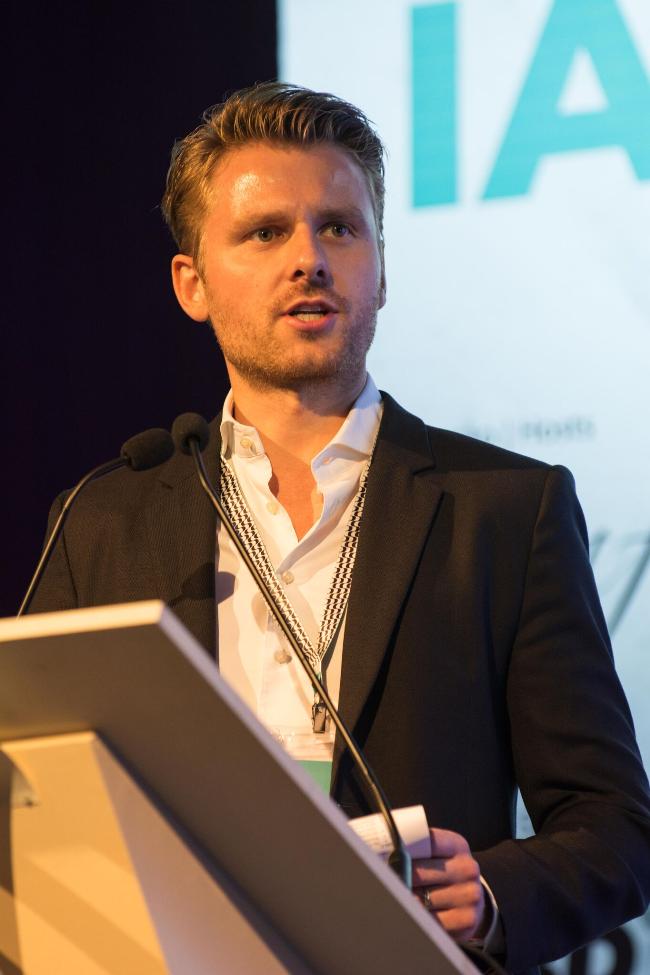Global Fashion Survey points to low sustainability score

The Pulse of the Fashion Industry survey, undertaken this year during the Copenhagen Fashion Summit, assessed the different scores achieved throughout the fashion industry’s Value Chain around the world. Those scores, presented by Mr. Sebastian Boger, director of the The Boston Consulting Group, varied as per company size, trade segment and related stage in the Chain. Overall, the survey undertaken with 100 businessmen has shown that the fashion industry is not doing that well especially as regards environmental issues.
The index goes from 1 (less sustainable) to 100 (more sustainable):
- The fashion industry’s average score: 32
- The most advanced brands reached 62 points
- The less advanced brands, 11 points.
- Companies from the Premium segment reached between 60 and 69 points
- All over the world, companies with a low score account for 50% (half)
- The Sportswear segment achieved the highest average score: 70%
- The processing stage (spinning, weaving) obtained scores above the average: 38 (some reached 80 points)
- Designers and finishing obtained the lowest score: below 20.
To conclude the survey, Mr. Boger said that 80% of all surveyed fashion companies have established sustainability goals. But, only 30% already have included those goals in their strategic decisions. It is also necessary that designers working for those companies take selected materials into account not to impact the final stages of the Chain.
Sustainability is an opportunity and not a threat. It has already been proven in practice by those who work in the industry. The volume of apparel items traded around the world will keep growing. Demand will go from 62 million tons to 102 million tons of apparel items in 2020, generating revenues of approximately 160 billion euros. “There is an opportunity out there and we have to start changing things right now. If companies do not do anything in that area they will loose value, every year,” Mr. Boger concluded.
That lecturer said that consumers are not going to change this scenario, because they just follow trends, they do not start them. Companies will have to collectively act by following six steps:
- The industry should lead and not just let governments do things
- A common agenda should be established
- Collaboration to generate innovation (with startups, for example)
- Regulatory support (here, indeed, with Government support)
- Consolidation of efforts
- Consumers should be asked to join the effort. They will not have a leadership role, but they must be informed.
